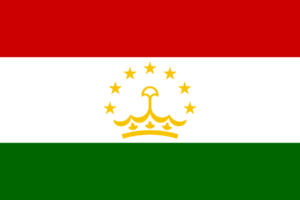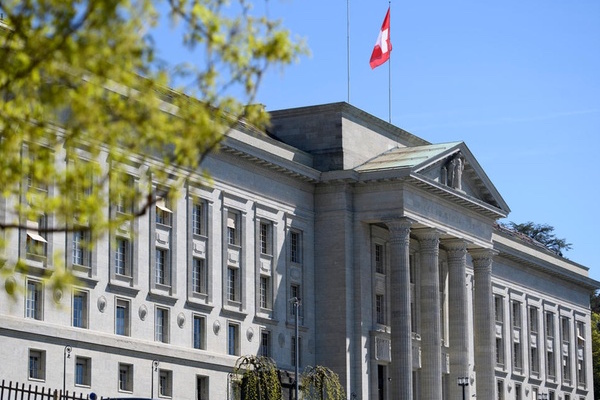
Oct 31, 2018 | News
The ICJ and the Swiss Section of the ICJ called today on Swiss people to seriously consider the adverse implications, if adopted, of the popular initiative called the “Swiss law instead of foreign judges – initiative for self-determination” by its proponents. On 25 November 2018, Swiss citizens will be called to vote on this initiative.
The campaign against the initiative has identified it as an “anti-human rights” referendum.
“The initiative, if approved, would have the effect of making it very difficult for people in Switzerland to access Swiss courts to vindicate their human rights,” said Massimo Frigo, ICJ Senior Legal Adviser.
“Swiss people would lose important defences against abuses by the State or private entities,” he added.
Unlike the title suggests the scope of the initiative is directed against international law in general (except for very few existing peremptory norms) which includes international multilateral treaties or bilateral commercial and administrative agreements.
The initiative would therefore fly in the fact of a fundamental legal principle essential to the rule of law, namely that individual States cannot use their national arrangements as an excuse to avoid their international legal obligations.
“Switzerland, as home to numerous international law-making institutions, has a long and distinguished history of championing international law. Adoption of this initiative would be a blow to the country’s reputation and leadership in this area,” said Massimo Frigo.
“The role accorded to international law by the Swiss Constitution and the jurisprudence of the Swiss Supreme Court is essential to uphold reliability of Switzerland as party to international treaties, its role as central actor and generator in many fields of law including international trade, but also legal certainty in Switzerland”, said Professor Marco Sassoli, board member of the Swiss Section of the ICJ and ICJ Commissioner.
“Much of the economic and diplomatic success of Switzerland is based on its faithful adherence and promotion of international law. Essential Swiss values such as its neutrality or its commitment to the protection of war victims are based upon international law,” said Professor Sassoli.
Contrary to its title the initiative is not directed against “foreign judges” but against the practice of Swiss judges, those of the Swiss Federal Supreme Court, and neglects that the self-determination of peoples leads to their direct submission to international law and that the conclusion of treaties is an expression of and not contrary to the sovereignty of the State.
The text of this initiative if approved could lead to the erosion of primacy of international law among the sources of law in Switzerland.
The ICJ and ICJ-Swiss Section join the several NGOs, trade unions, economic actors, political parties and people of Switzerland that want to secure their rights and those of everyone in Switzerland and appeal to the voters before casting their vote to seriously consider the above arguments and not to decide based upon mere slogans such as “self-determination”, “democracy” or “foreign judges”.
Contact:
Massimo Frigo, ICJ Senior Legal Adviser, t: +41 22 979 38 05 ; e: massimo.frigo(a)icj.org
PDF available in Italian: Switzerland-25 November Referendum-News-Press Release-2018-ITA
PDF available in German: Switzerland-25 November Referendum-News-Press Release-2018-GER
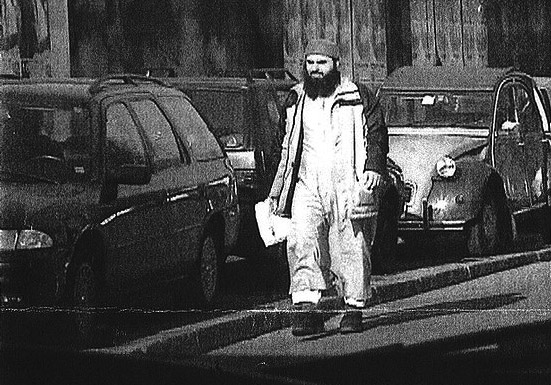
Apr 8, 2013 | News
 The ICJ today expressed its deep concern at the decision of the President of the Republic of Italy to pardon Colonel Joseph L. Romano III, following his conviction by an Italian court for complicity in the rendition of Osama Moustafa Hassan Nasr, also known as Abu Omar (photo).
The ICJ today expressed its deep concern at the decision of the President of the Republic of Italy to pardon Colonel Joseph L. Romano III, following his conviction by an Italian court for complicity in the rendition of Osama Moustafa Hassan Nasr, also known as Abu Omar (photo).
“This pardon deals a serious blow to the rule of law and to accountability for CIA renditions and secret detentions, a system which involved torture, enforced disappearances, arbitrary and secret detention and other serious crimes under international law,” said Massimo Frigo, Legal Adviser with the ICJ Europe Programme. “Italy stood honourably as the only country where an effective prosecution had been brought against CIA and Italian agents responsible for crimes under international law committed through the CIA rendition programme. This pardon deletes, in a single stroke of the pen, years of relentless efforts of prosecutors, investigators and lawyers to assure accountability for these crimes under international law.”
The ICJ emphasized that the pardon granted by the Italian President of the Republic, Giorgio Napolitano, in his last weeks of office, defeats the efforts of the judiciary to uphold the State’s international law obligations to investigate, prosecute and bring to justice those responsible for gross violations of human rights.
“By nullifying the effects of years of efforts of the Italian judicial system, this pardon seriously undermines Italy’s action against impunity and weakens the very foundations of the rule of law,” Frigo added. “The fact that the President of the Republic justified this action by raising the “peculiarity of the historical moment” of 9/11, thus suggesting that a kind of state of exception for the rule of law could have existed, is an unacceptable position under international law.”
The ICJ deeply regrets this decision of the President of the Republic to use his prerogative of pardon to prevent accountability for such an egregious violation of the rule of law in name of US-Italian diplomatic relations.
The ICJ condemns this pardon and stresses that it must not constitute a precedent and that other convictions in this case must not be nullified by pardons or amnesties. All European countries must uphold their duty fight against impunity for gross violations of human rights.
Any further circumvention of accountability for perpetrators of renditions or other gross human rights violations would only extend the cloak of impunity over the rule of law in Europe.
Contact:
Massimo Frigo, Legal Adviser, ICJ Europe Programme, massimo.frigo(a)icj.org
PR-Italy-RenditionPardon-2013-eng (english version)
PR-Italy-RenditionPardon-2013-ita (italian version)
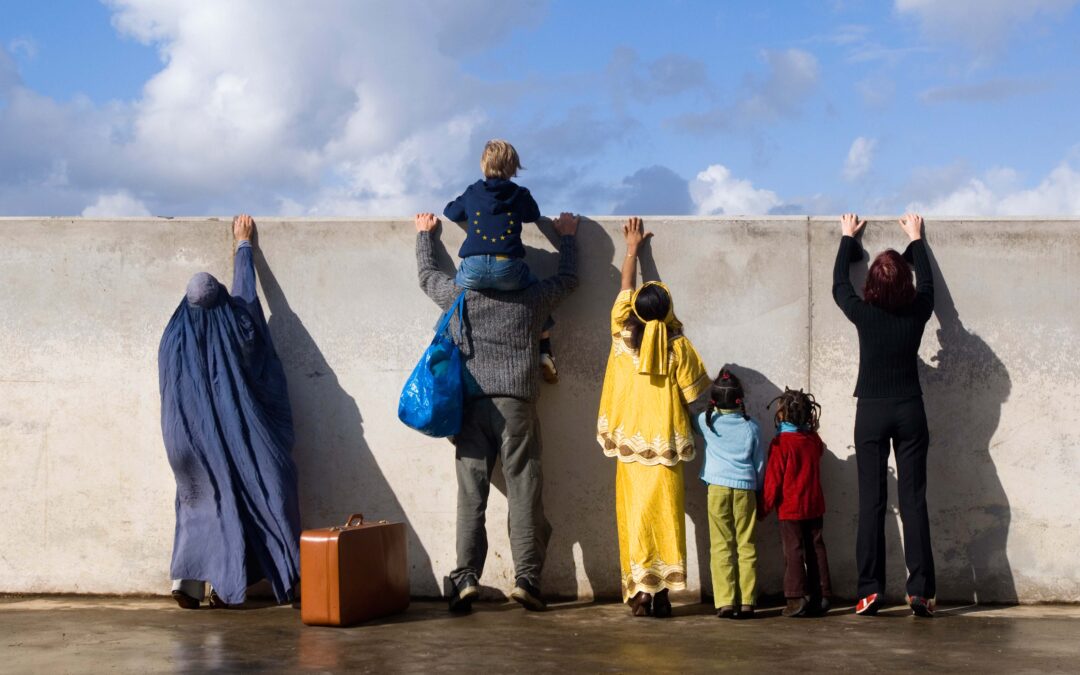
Jul 19, 2011 | News
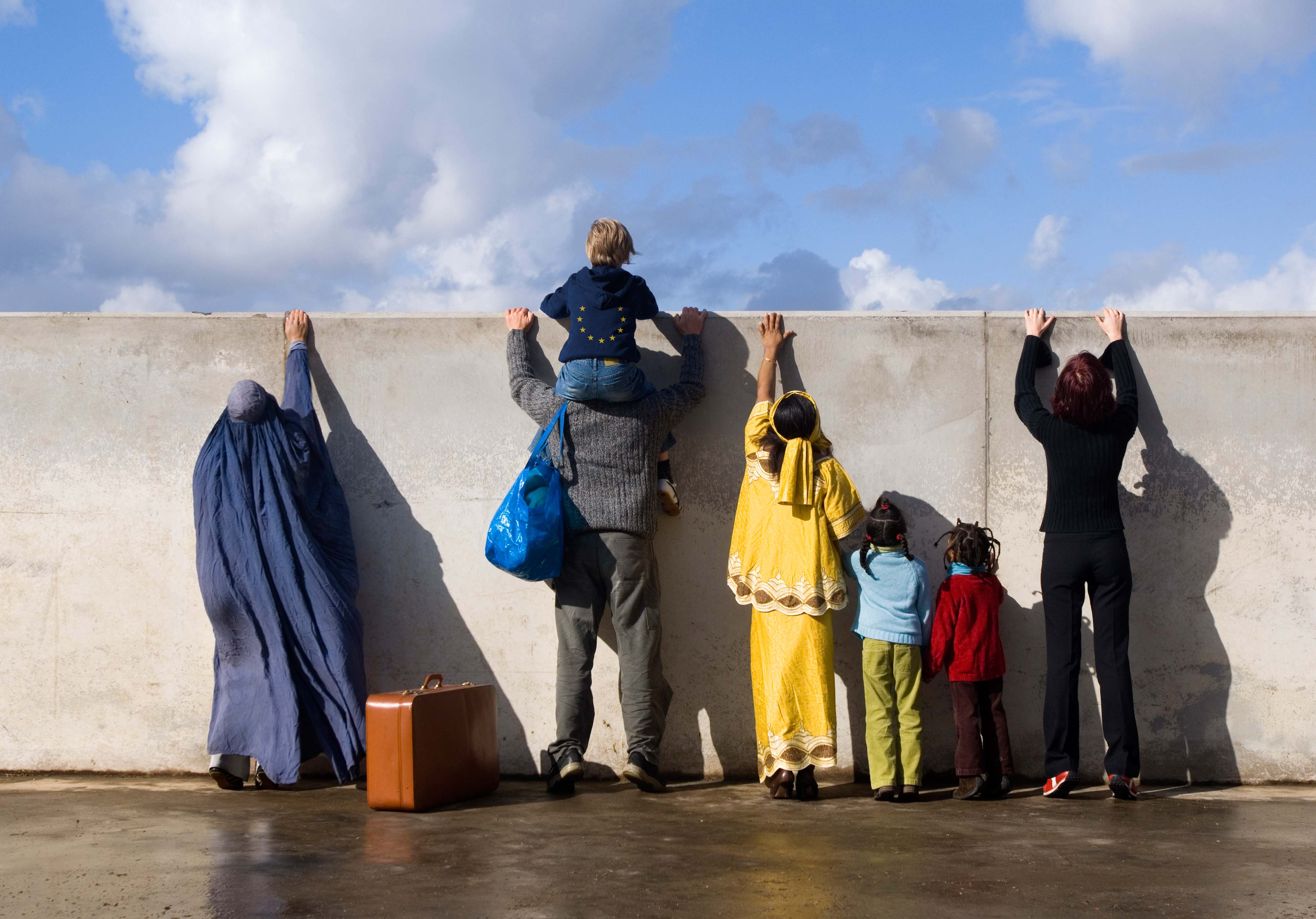 The ICJ today expressed its concern at the move by the Italian Government to extend the maximum length of administrative detention for undocumented migrants to up to 18 months.
The ICJ today expressed its concern at the move by the Italian Government to extend the maximum length of administrative detention for undocumented migrants to up to 18 months.
The measure is contained in certain provisions of the draft legislation ratifying Law Decree no. 89 of 2011, approved on 14 July by the House of Representatives and now under consideration by the Senate, which aims at implementing EU Directive 2008/115/EC (“the Return Directive”).
Italy-migrant rights-press release-2011-eng (full text in English, PDF)
Italy-migrant rights-press release-2011-ita (full text in Italian, PDF)
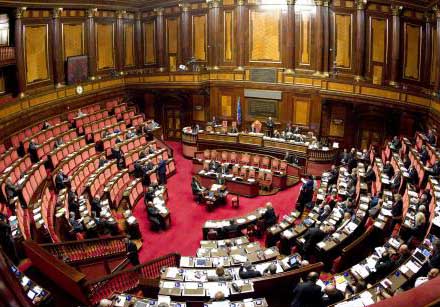
Jul 27, 2009 | News
The ICJ welcomes the opinion of the Italian High Council of the Magistrature on Criminal Procedure Bill no. A.S.1440 presently under consideration in the Justice Commission of the Italian Senate.
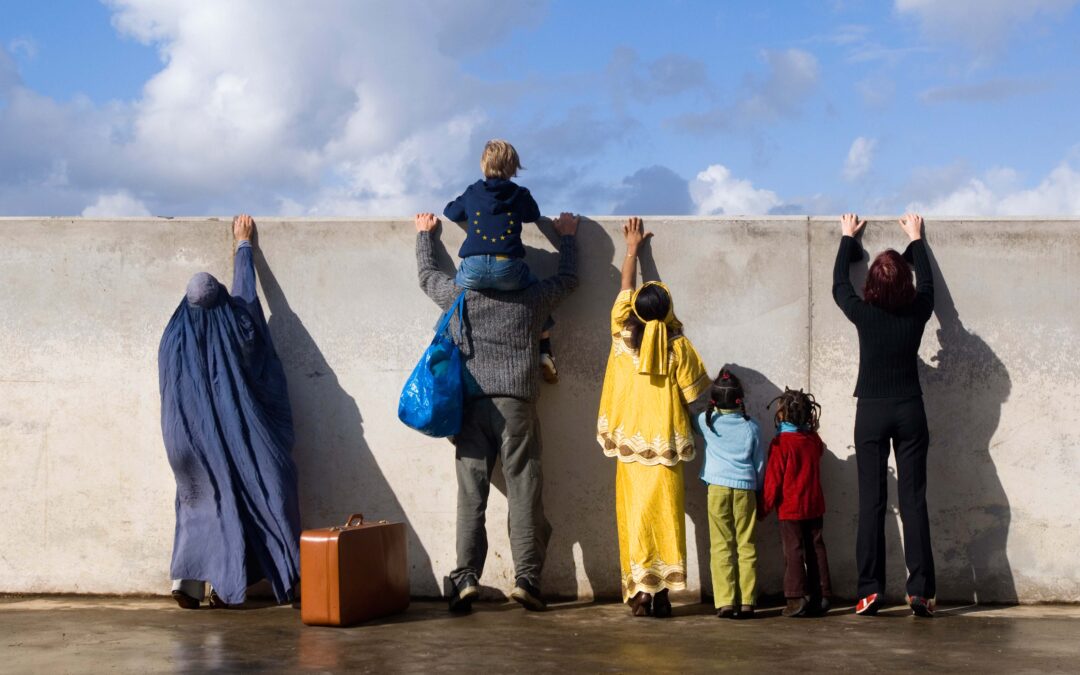
Apr 30, 2009 | News
The ICJ is concerned that an amendment introduced to new security legislation on administrative detention of irregular migrants would contravene international human rights standards.











